Despite the enormous impact stress has on our workplaces and private lives, very little we know about how stress affects our bodies. Ajarose is a trained physiotherapist, body therapist, and Pilates teacher. A large part of her clients have problems with stress and with the physiological consequences, it manifests.
In this interview, she gives an insight into how stress affects our body and her view on how we avoid being adversely affected by it.
How does stress affect us?
In order to explain how stress affects us, I first have to give an insight into our nervous system. Basically we have 2 kinds of nervous system in the body.
The one that moves our arms and legs, which is the motor nervous system, and the other, the Autonomic nervous system, which is very interesting in relation to stress reactions. The sympathetic nervous system is responsible for a number of functions that keep us awake and ready for work, the so-called “alert” state. The opposite is the Parasympathetic nervous system, which provides a number of functions like relaxation, healing, and deep sleep.
The ultimate situation used to explain the sympathetic system would be to stand in front of a large bear. Here you have 3 options. Either you go into battle, freeze or you run away. It is of course an extreme example, but it demonstrates how we react when we challenged to our limits. One can say that stress makes us be in a state of constant alert.
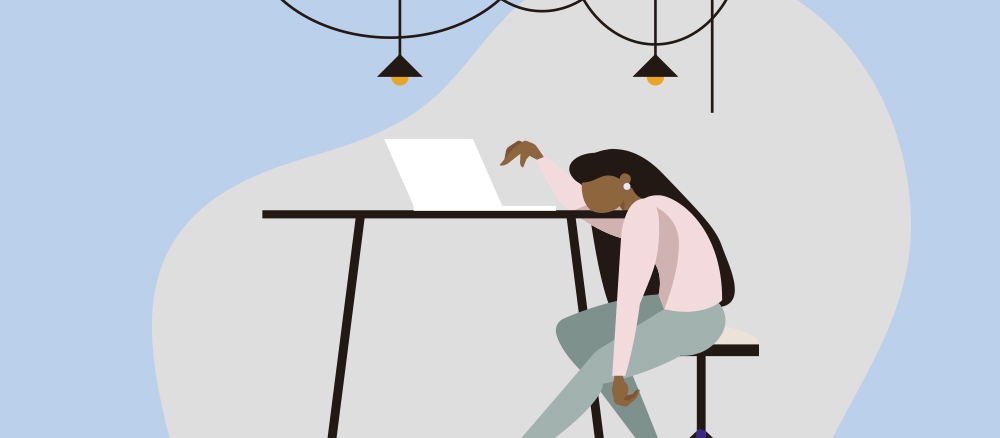
When we are too much in the Sympathetic state, as when we are stressed, a wide range of symptoms can begin to appear:
- It can be hard to fall asleep.
- Stomach aches and difficulty digesting.
- Tense muscles that never really relax.
- That we get angry more easily and have a shorter fuse than normal.
- You might find it challenging to take deep breaths.
- Difficulty concentrating.
- Forgetfulness.
- Fast heartbeat.
- Restless mind.
- Anxiety.
- Depression.
What can we do
This is where the Parasympathetic system comes in, to promote all the relaxing, balancing properties. The parasympathetic system promotes deep sleep, relaxed muscles, blood flow in joints and muscles and internal organs, heart rate goes down and thoughts, anxiety, and confusion will decrease. – It is an amazing and natural process that our own body and nervous system takes care of!
So what promotes a Parasympathetic state? Relaxation, calm forms of exercise such as Pilates and Yoga, Meditation, Walking and in general, an exercise which contains rhythmic monotonous movements. Other effective forms of treatment that promote deep relaxation also include speaking with a friend who’s a good listener or a therapist. Calm music, warmth, dim light, sexual intercourse, and touch should also be mentioned, and of course deep sleep.
It is important to emphasize that we should not be in either the Sympathetic or the Parasympathetic state all the time. But on the contrary, that we must make a kind of circular movement between the two. In other words, an interaction where we can move freely from work to relaxation.
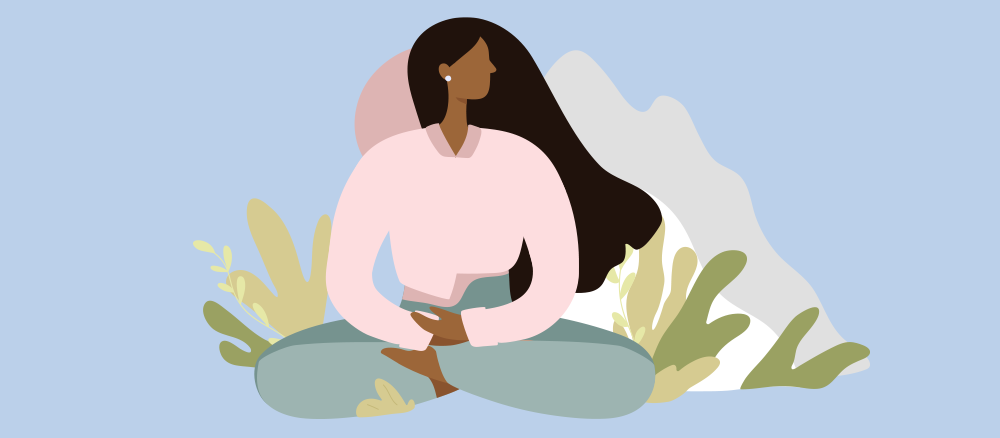
Why can it be so hard for us to relax?
Have you noticed how people seem proud to say “I’m incredibly busy”. Maybe there is something cultural in the fact that it sounds good to have a lot to do. That you have to make a lot of money or show that you have a clear goal in life. It can make us forget the perspective and lose touch with our body and mind.
You may also find it difficult to be present in your life and live up to some ideal, for example ideal pictures of how to be as a mother, father, child, boyfriend and so on…
It has been clearly shown in this time with Corona where many are incredibly afraid of being infected, a kind of collective anxiety that has amplified our sympathetic activity, the body’s alarm readiness.
We NEED to get down into the Parasympaticus, the body’s natural relaxed state.
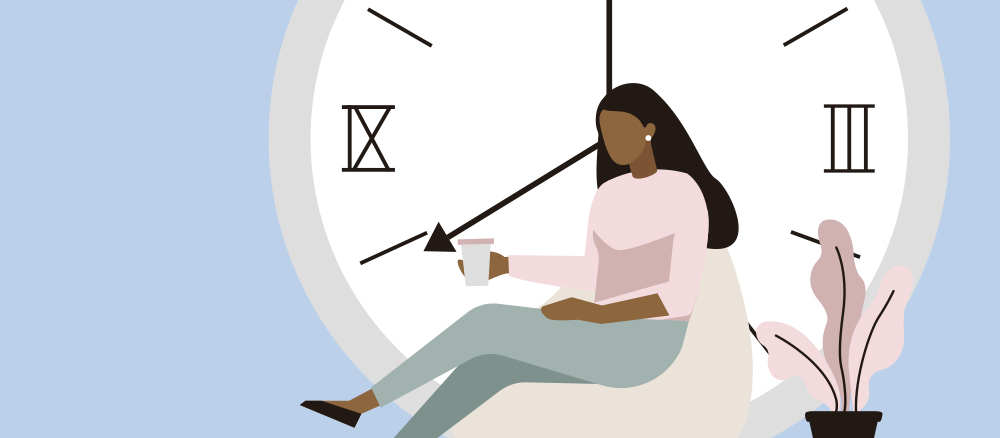
What can be done to prevent getting out of balance?
Something like exercise is just really good. For some, it is best to go for a jog, while for others it will be better to walk 30-60 minutes while listening to some music or listening to a podcast. Or perhabs to walk while talking to a good friend about what matters. The sounds of nature can also be wonderfully relaxing, think of the sound of waves, birdsong, or the sound of the wind in the leaves of the trees.
Research has shown that nature does a great job of destressing us. One quirky thing about nature that we do not necessarily think about is that nature has no straight lines. In comparison to a window or other man-made things. So everything in nature has an organic shape, which allows your eyes to de-stress. In addition, of course, there are all the scents and sensory expressions that are also beneficial.
I can also recommend pilates, which I teach. It is a wonderful way to connect body and mind. You get down the body, get the opportunity to let go of the many thoughts and at the same time strengthen, breath, while working on your posture and body awareness.
The most important thing you can do is to be more present, when you are you come down to the para-sympathetic state which acts as a detox for stress. Find the things that give you the most peace. The things you can do for yourself that can be felt for you without an actual goal, other than enjoyment, relaxation, and presence.
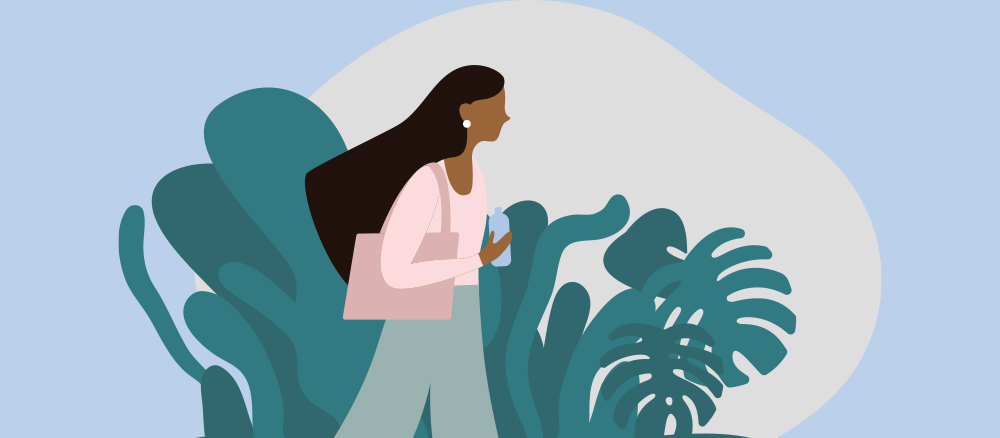
Stress is everywhere. How do you see the future for Denmark?
It could be wonderful if we recognized that breaks are not bad, it’s not a waste of time. It is simply here that the regeneration takes place like this so we can be very productive the rest of the day and get creative inputs, or be social.
After all, workplaces are driven by finding the best way to drive the productivity of their employees. It is far better to have healthy and happy employees. Oppositely, it is really expensive for people to have to take a leave of absence due to stress.
So we need to start taking better care of each other and understanding our needs and resources. That way we can function with a job and at the same time thrive in our private lives.
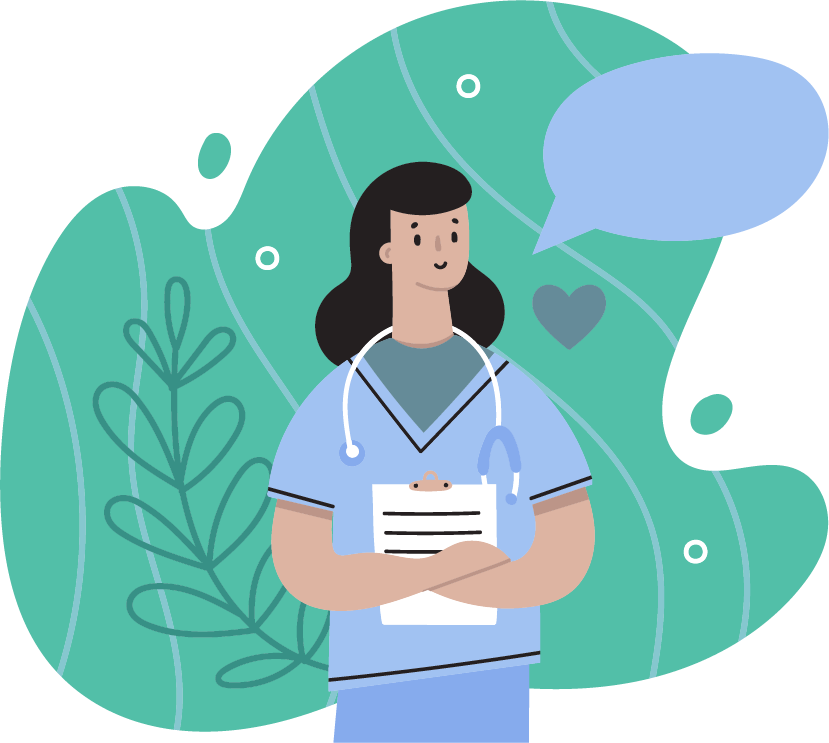
All Treaters in one place
We have made it easy for you to find your next treater, by gathering them all in one place.

